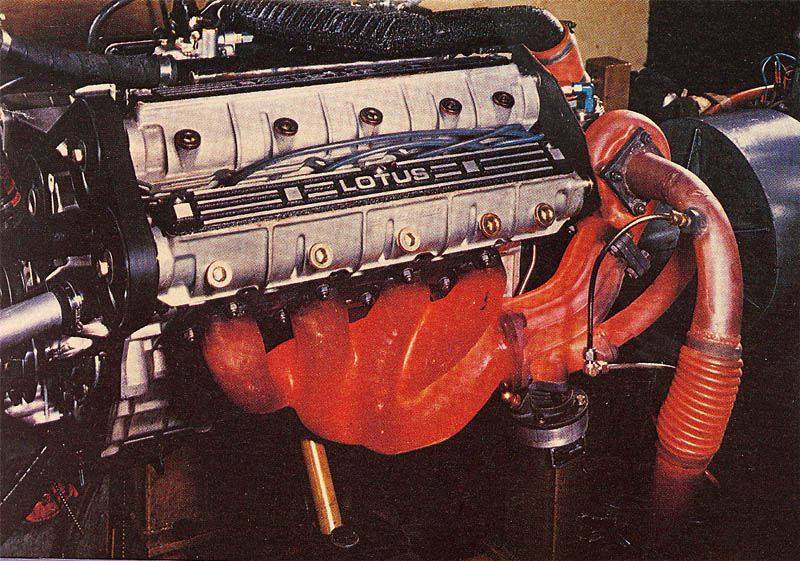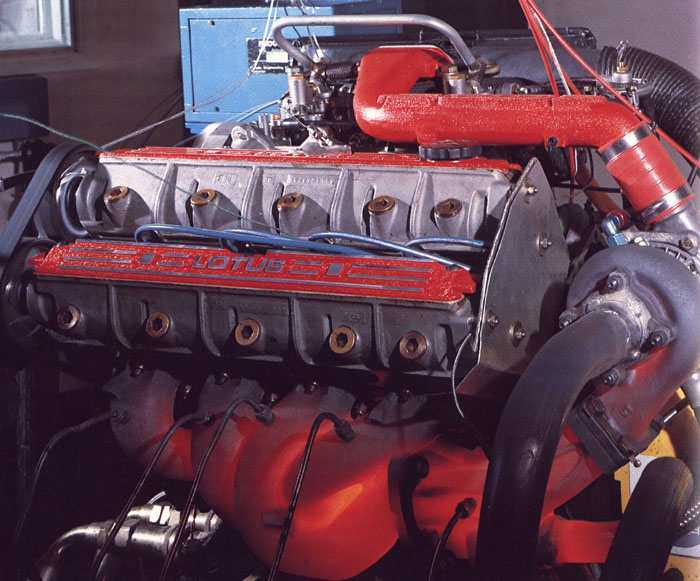Do turbo engines run hotter than na engines?
Discussion
I would say so, yes. Obviously the exhaust gasses are made to work harder and spin the turbo before exiting out the exhaust itself so this heat isn't radiated away from the engine as quickly. A turbo can run very hot indeed so that doesn't surprise me. Most modern turbo charged cars run the oil through the turbo for a few minutes even after turning the engine off for this very reason.
As you can see from those pics, the turbo plus accociated bits do get hot. It's a good idea on a turbo engine to do the last few miles at a moderate pace, and let things cool down before switching the engine off. And off the top of my head, I can't put my finger on any engines that run the oil pump after switch off.
Engine bay heat yes - technically hotter in the engine? Maybe part of the exhaust and the turbo naturally, but typically they run at a lower compression and I would guess less heat in the block itself. But overall, engine bay temp will be higher - usually countered by additional cooling, ventilation or similar.
MissChief said:
I would say so, yes. Obviously the exhaust gasses are made to work harder and spin the turbo before exiting out the exhaust itself so this heat isn't radiated away from the engine as quickly. A turbo can run very hot indeed so that doesn't surprise me. Most modern turbo charged cars run the oil through the turbo for a few minutes even after turning the engine off for this very reason.
I need to keep my engine running 

robinessex said:
As you can see from those pics, the turbo plus accociated bits do get hot. It's a good idea on a turbo engine to do the last few miles at a moderate pace, and let things cool down before switching the engine off. And off the top of my head, I can't put my finger on any engines that run the oil pump after switch off.
 The last 5 minutes off boost is a good idea to help get the temps down which helps prevent burnt oil accumilation in the turbo. (So I'm told)
The last 5 minutes off boost is a good idea to help get the temps down which helps prevent burnt oil accumilation in the turbo. (So I'm told)Some people fit turbo timers which do the job for you but your insurers may not like it.
CharlesAL said:
My turbo golf gti runs at the same temp as my na seat ibiza did.
The water temperature will be exactly the same. Forced induction allows more fuel to be burnt so there is more heat generated for a given size of engine, but the combustion temperatures will be the same, there's just more combustion going on. Actually good point hidden there - digital cameras are *much* more sensitive to IR than film ever was, which tends to flatter the resultant images/owners 
To answer the OP directly - in most average use, no real difference in engine temps at all. Otherwise we'd have seen a revolution in cooling system pressurisation (nope, all still let go about 1bar) and/or recommended coolants. This is becasue the radiator is, always has been usually oversized for the h
expected duty and actual engine/colant temp is managed by the thermostat. Yes, the turbo's exhaust turbine housing and associated wastegte/manifold may get a bit warm, but it's only about 3-5KG of metal and entirely designed to do so - don't worry about it.

To answer the OP directly - in most average use, no real difference in engine temps at all. Otherwise we'd have seen a revolution in cooling system pressurisation (nope, all still let go about 1bar) and/or recommended coolants. This is becasue the radiator is, always has been usually oversized for the h
expected duty and actual engine/colant temp is managed by the thermostat. Yes, the turbo's exhaust turbine housing and associated wastegte/manifold may get a bit warm, but it's only about 3-5KG of metal and entirely designed to do so - don't worry about it.
Gassing Station | General Gassing | Top of Page | What's New | My Stuff







 A glowing turbo thread
A glowing turbo thread 